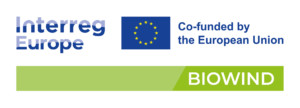BIOWIND
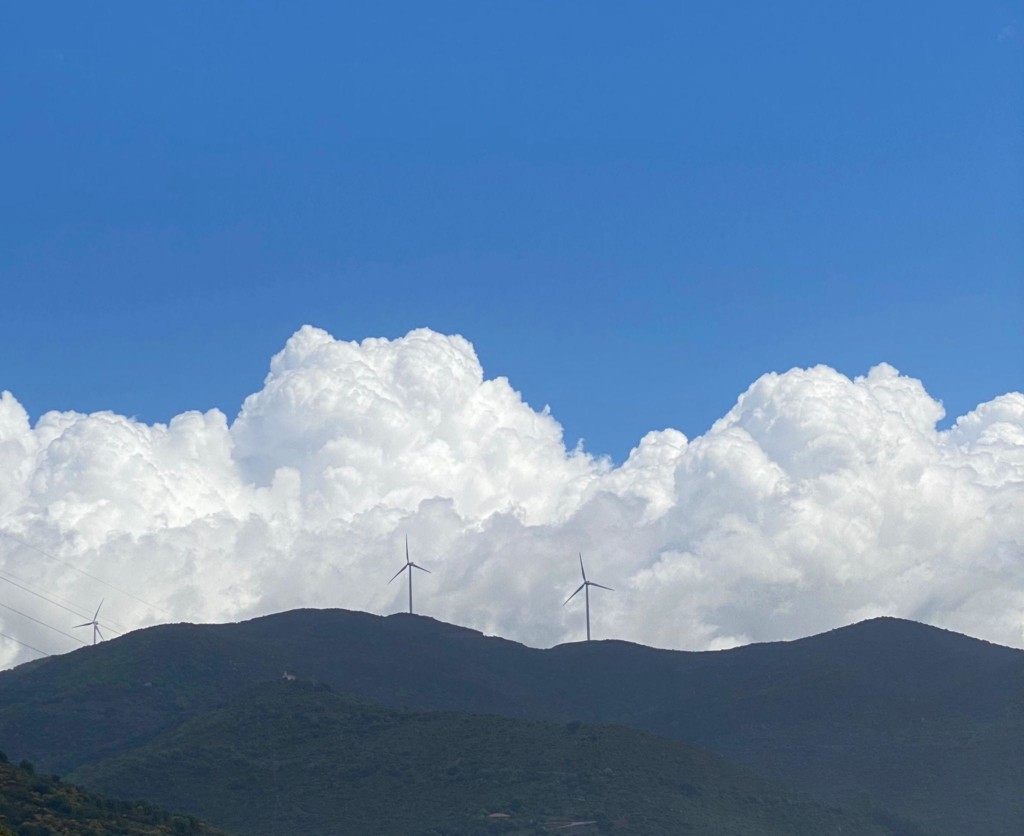
Increasing social acceptance of wind power in EU regions through environmental and community-based planning
- Duration: 1. phase 1.3.2023–1.3.2026 and 2. phase 1.3.2026–1.3.2027
- Project webpage
- Lead Partner: Western Greece region, Greece
- Partners: Zemgale Planning Region (Latvia), North and West Regional Assembly (Ireland), University of Patras (Greece), Flemish Brabant Province (Belgium), Danube Central Organization Nonprofit Ltd. (Hungary), Świętokrzyskie District Marshal’s Office (Poland), Autonomous Region of Murcia – Directorate General of Natural Environment (Spain), Asturias Energy Foundation (Spain), and the Regional Council of South Ostrobothnia (Finland)
- Funding program: Interreg Europe 2021-2027
- Total budget: 1.98 million euros
- Regional Stakeholder Group: Centre for Economic Development, Transport and Environment of South Ostrobothnia, City of Kauhajoki, Into Seinäjoki, Leader Kuudestaan, Leader Suupohja, Municipality of Isojoki, Municipality of Kuortane, Municipality of Vimpeli, Seinäjoki University of Applied Sciences, the Finnish Wind Energy Association, and the Regional Council of South Ostrobothnia, and Thermopolis Oy
The Project in Short:
The project will enable partners to address two major obstacles for the introduction of wind energy: the opposition of local communities and complicated permit practises.
The aim of the project is to:
- Better the social acceptability of wind power through exchanging experiences and getting to know the policies of the regions, and to support the expansion of its deployment
- Bring wind power and biodiversity policies closer together, support the discussion with civil society, introduce the community to financing and revenue sharing models and improve local level cooperation with wind power
- Development of policy instruments and strengthening of expertise in making wind power policy.
- Strengthening the interaction and mutual understanding of parties for the introduction of wind power.
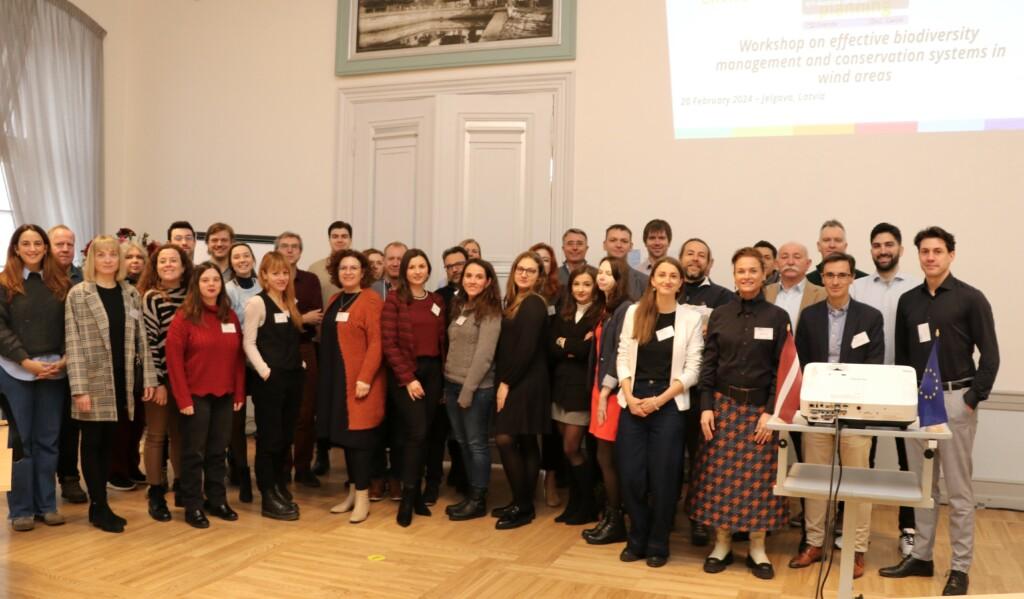
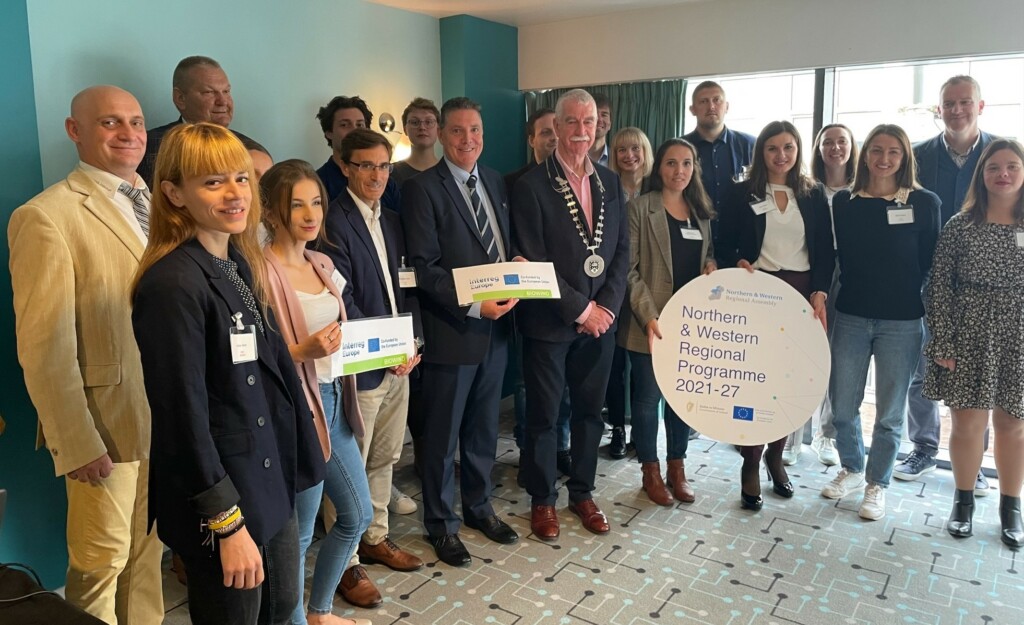
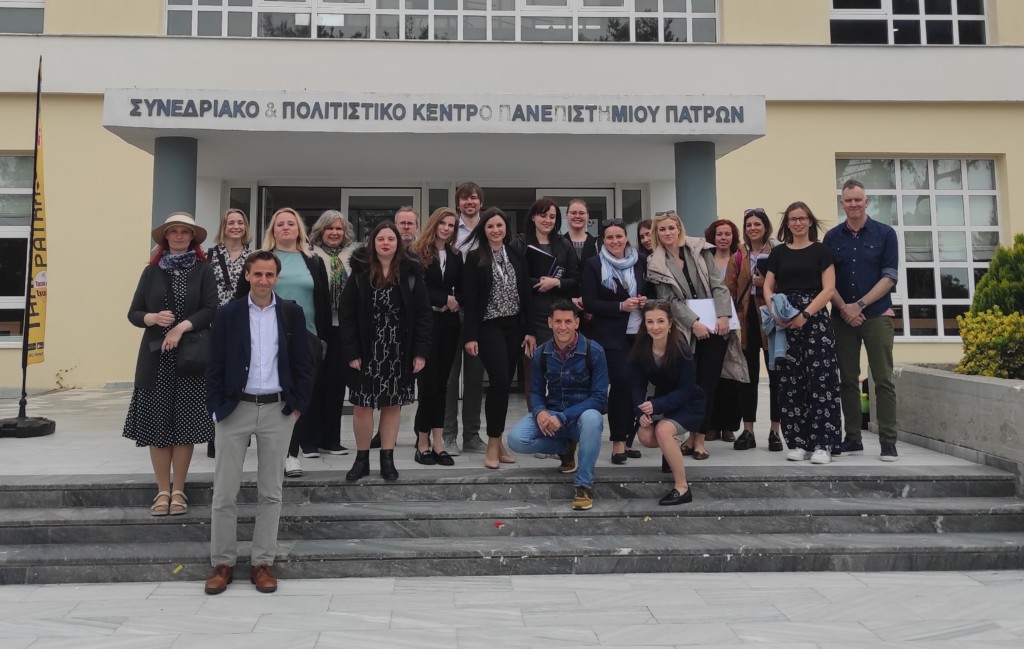
Latest news:
- 21.11.2023: Article about the latest project meeting in Ireland, published in the “Greetings from South Ostrobothnia” -newsletter
Documents produced by the project
Here you can find summaries of the documents produced by the project. You can request the full document from us by email.
- A1.1: Joint analysis of the environmental and socio-economic factors behind opposition to wind power projects
- We collected and analysed regional information on the aspects that serve as the main concerns and reasons for local resistance to wind energy development.
- The project carried out a survey of citizens, stakeholders and project partners.
- Among stakeholders, the main opposition is linked to fears of a decrease in housing values and a decline in quality of life. In Finland, the main opposition comes from local residents and environmental organisations.
- Consultation at the planning stage and public forums were seen as the most important measures to address stakeholder concerns. Other ways included the creation of cooperatives, land lease payments to landowners, reduced electricity tariffs for local residents, and tax revenues from wind farm operations.
- A1.3: Exchange of good practices to increase social acceptance of wind energy
- A total of 23 good practices from partners have been identified, 4 good practices from Finland.
- All reagions were given suggestions of good practices from other countries that could be useful for them.
- Good Practises from Finland:
- Participative approach in wind farm permitting process – Suolakangas wind farm, Finland
- Public engagement in revising regional land use plans for wind farm construction – Finland
- Enhancing community trust and engagement in wind farm projects through evidence-based health impact studies – Finland
- Bird radar protection system for endangered birds at offshore wind farm – Tahkoluoto, Finland
- A3.1 Irish Workshop Report : Measures to promote public participation and engagement in wind energy planning.
- Good approaches and practices for engagement can support communities, project developers and local authorities to improve project designs, leading to better overall decisions and outcomes.
- They also provide an opportunity for public authorities to identify and develop benefits tailored to the needs of local communities. Open and inclusive community engagement can also increase public awareness of the national importance of wind power and minimise disruption to wind project construction.
- For communities, engagement provides an opportunity to better understand the proposed project, explore the value it will bring to the area, determine which options would best fit the local context, and help shape solutions that work for all parties.
- By raising awareness and actively involving local communities in wind energy projects, public authorities can contribute to changing the nature of community engagement from non-participation to more proactive participation.
